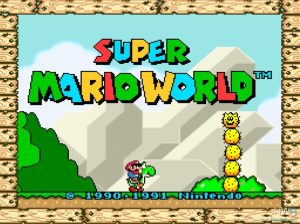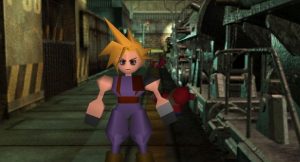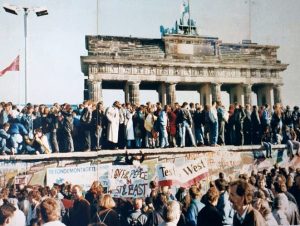
Growing up in the 90s in Eastern Europe was a unique experience. The region was undergoing major changes following the collapse of communism, and kids of that era were witnesses to a rapidly changing world. Here’s a look at what life was like for 90s kids in Eastern Europe:
- Limited entertainment options: Unlike today, there were very few entertainment options for kids in the 90s. Cable TV was only starting to make its way into households, so children would spend most of their free time playing outside, reading books or playing board games with their friends.
- No internet: The internet was not yet a thing in the 90s, and even if it was, most households did not have access to it. Kids would have to rely on books or encyclopedias to research for their school projects.
- The importance of hand-me-downs: Clothes and toys were a luxury, and hand-me-downs were a common occurrence in Eastern Europe during the 90s. It was common for siblings to share clothes, and children would receive toys and games as gifts from their older relatives.
- Limited availability of Western products: With the fall of communism, Western products became available, but they were expensive and not widely available. Kids who wanted Western products would often have to rely on family members who lived abroad to send them items.
- A strong sense of community: Growing up in Eastern Europe during the 90s meant living in a tightly-knit community. Kids would often play with their neighbors or go to the local park or playground with their friends.
- The impact of political changes: The 90s was a period of major political change in Eastern Europe, and it had a significant impact on the lives of children. They would often hear about political unrest and changes from their parents or on the news.
- Food shortages: Eastern Europe was still recovering from the effects of communism in the 90s, and food shortages were not uncommon. Many families would have to rely on food rations or grow their own produce.
- The importance of education: Education was highly valued in Eastern Europe during the 90s, and children were expected to perform well in school. Parents would often invest in private tutors to help their children succeed academically.
Overall, growing up in Eastern Europe in the 90s was a time of great change and challenges. Despite the limited resources, children learned to appreciate the small things in life and to make the most of what they had. The sense of community and resilience instilled in them during that period still resonates with them today.








